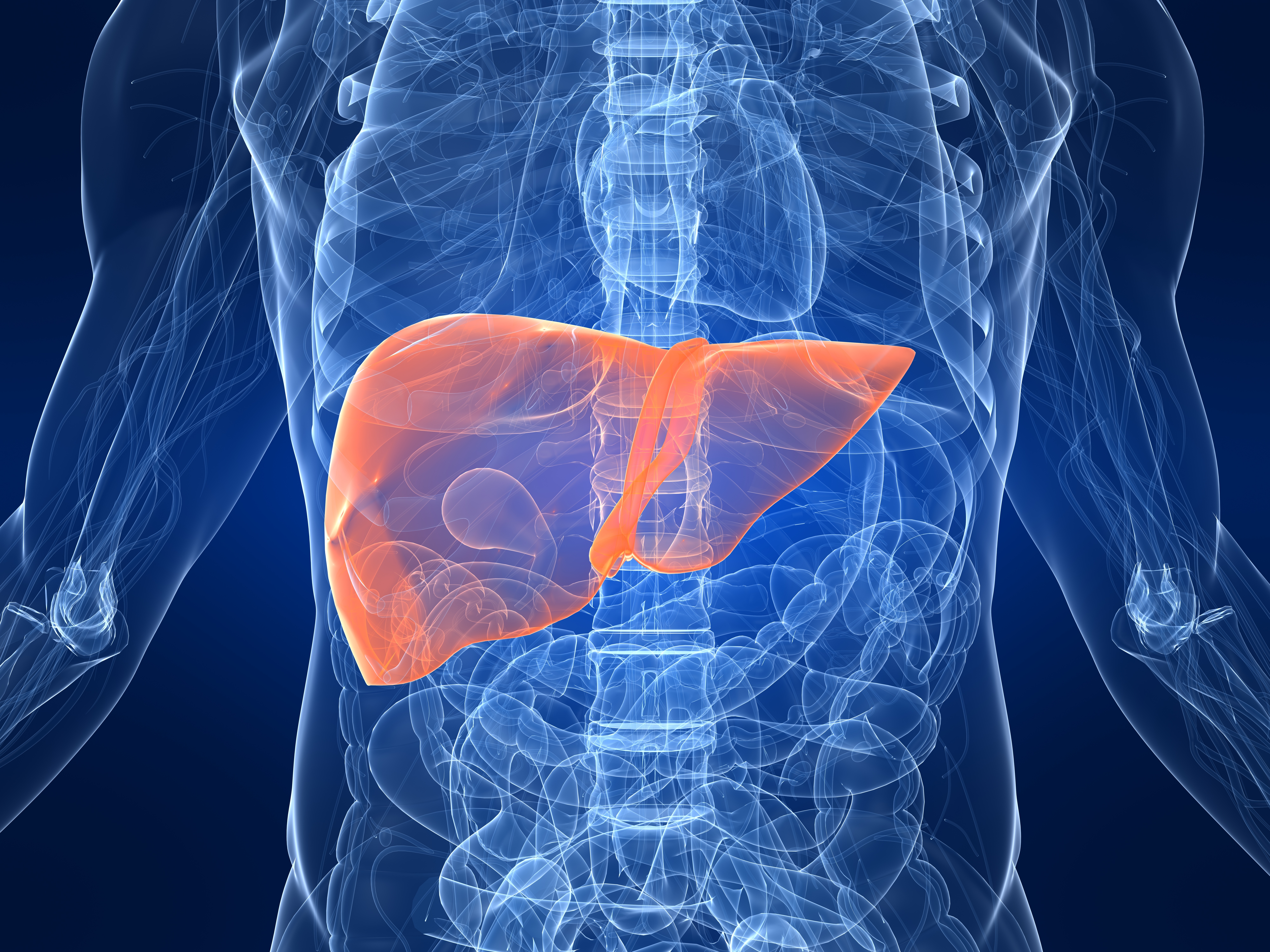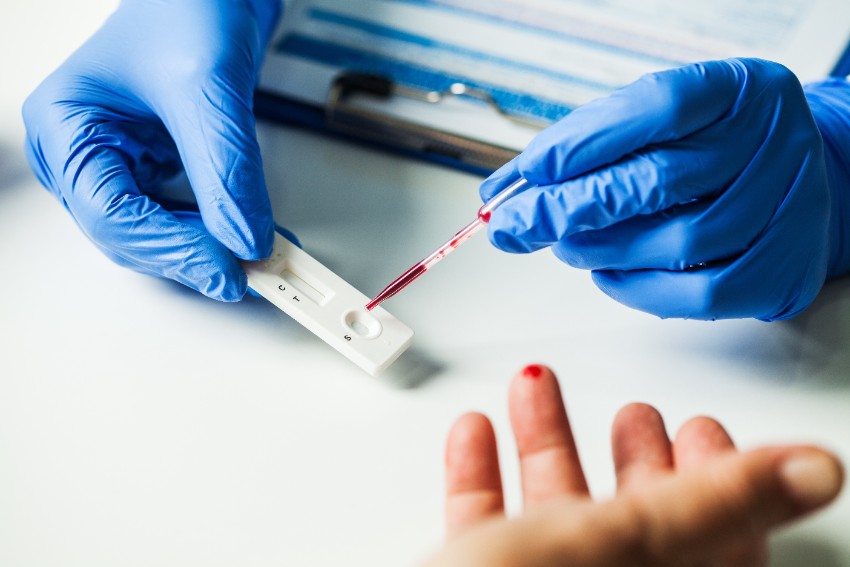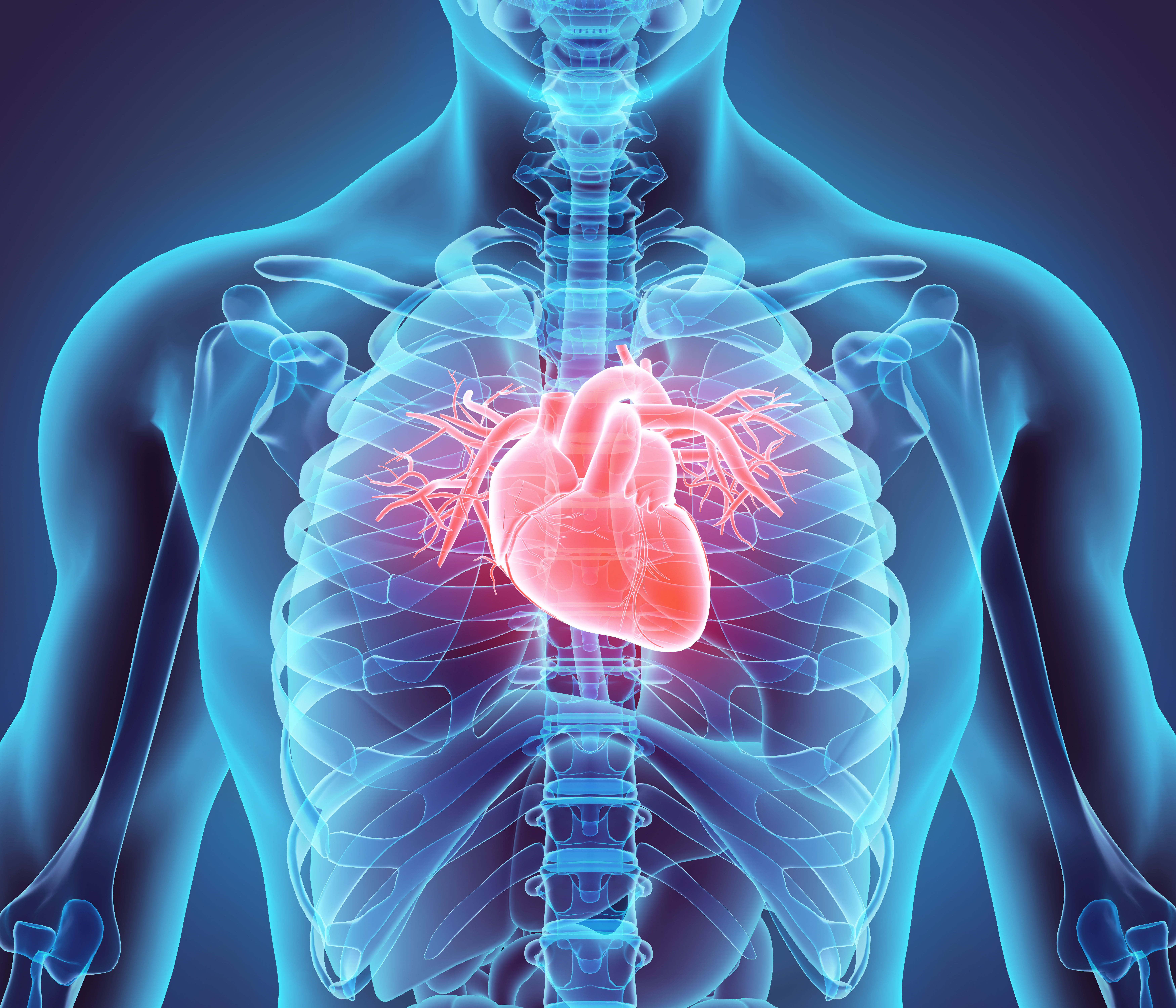
Exosomes are small, membrane-bound vesicles that play a key role in intercellular communication. They carry proteins, lipids, and nucleic acids that can be taken up by other cells, providing signals that influence cellular function and behavior. In recent years, researchers have discovered that exosomes also play a critical role in improving liver health.
The liver is arguably one of the most important organs in the body. It is responsible for a wide range of tasks, including the processing of nutrients, the detoxification of harmful substances, and the maintenance of immune function. Unfortunately, the liver can also be prone to damage from a variety of sources, including infections, alcohol abuse, and exposure to environmental toxins.
One of the ways in which exosomes contribute to liver health is by aiding in the detoxification process. The liver is responsible for breaking down harmful substances and removing them from the body. Exosomes are capable of carrying proteins and lipids that help to facilitate this process. In particular, exosomes can help to protect liver cells from damage caused by oxidative stress, which can occur as a result of exposure to certain toxins.
Another way in which exosomes benefit the liver is by promoting regeneration. When the liver is damaged, it has the ability to regenerate itself through the growth of new liver cells. Exosomes have been shown to enhance this process by delivering growth factors and other signaling molecules that stimulate cell growth and repair.
Finally, exosomes are also important in reducing inflammation in the liver. Chronic inflammation can be harmful to the liver, especially if left untreated. Exosomes can help to reduce inflammation by carrying molecules that regulate immune and inflammatory responses.
In summary, exosomes are small, membrane-bound vesicles that play a critical role in promoting liver health by aiding in detoxification, promoting regeneration, and reducing inflammation. These processes are essential for maintaining proper liver function and preventing liver damage. As research on exosomes continues to advance, it is likely that they will become an increasingly important tool for improving liver health and treating liver-related diseases.
AS a side Note:
The liver is an organ that plays a vital role in our body's metabolic processes, and it is prone to damage and injury from various factors such as alcohol consumption, viral infections, and chronic diseases. Mesenchymal stem cells (MSCs) from the human umbilical cord have been shown to have therapeutic effects on liver injury through their ability to secrete tiny membrane-bound vesicles known as exosomes.
MSC-derived exosomes contain various bioactive molecules such as proteins, lipids, and nucleic acids that can modulate the immune system, reduce inflammation, and enhance tissue repair mechanisms. Studies have shown that MSC-derived exosomes can promote good liver health by improving the liver's function and reducing inflammation.
Exosomes can regulate inflammation by suppressing the activation of pro-inflammatory cytokines and recruiting regulatory T cells to the liver. MSC-derived exosomes can also activate the body's natural antioxidant defense system, which helps protect the liver from oxidative stress and excess free radicals.
Furthermore, MSC-derived exosomes have been shown to improve liver function by promoting liver cell growth and proliferation, as well as preventing cell death and fibrosis. In a preclinical study, rats with liver cirrhosis were given MSC-derived exosomes, and it was found that the exosomes significantly reduced liver fibrosis and improved liver function.
Overall, MSC-derived exosomes have shown immense therapeutic potential in treating liver injury and promoting good liver health. The benefits of using exosomes as a treatment include their ability to target specific cells, increase treatment efficiency, and reduce the risk of adverse side effects.
In conclusion, MSC-derived exosomes represent a promising treatment option for liver injury and disease. By modulating the immune system, reducing inflammation, and enhancing liver function, exosomes can promote good liver health and potentially improve patient outcomes. However, further studies are needed to fully understand the mechanisms behind exosome-mediated therapy and to optimize its effectiveness.
WHAT YO ALWAYS WANTED TO KNOW
The human liver plays many vital roles in the body, including detoxifying the blood, producing bile, storing nutrients, and regulating hormone levels. However, liver damage and disease can hinder these functions, leading to serious health problems. Mesenchymal stem cells (MSCs) have long been identified as a promising therapy for liver diseases. In recent years, researchers have focused on a specific component of MSC therapy - exosomes derived from human umbilical cord MSCs - to promote liver health.
Exosomes are small vesicles that are secreted by cells and are filled with various types of molecules such as proteins, RNA, and growth factors. They play a critical role in cell-to-cell communication by transferring these molecules to recipient cells. When it comes to liver health, researchers have found that exosomes derived from human umbilical cord MSCs have numerous benefits.
One of the most significant benefits of these exosomes is their ability to enhance liver regeneration. When the liver is damaged or diseased, it has the ability to regenerate, which is essential for restoring liver function. However, severe liver damage can limit the liver's ability to regenerate. Studies have shown that human umbilical cord MSC-derived exosomes can stimulate liver regeneration by promoting the growth of new liver cells.
These exosomes also have anti-inflammatory properties that can help reduce liver inflammation. Liver inflammation is a common feature of liver diseases such as hepatitis and cirrhosis. Persistent inflammation can lead to further liver damage, which can result in liver failure. Human umbilical cord MSC-derived exosomes have been found to reduce inflammation in the liver by decreasing the production of pro-inflammatory cytokines.
In addition to promoting liver regeneration and reducing inflammation, human umbilical cord MSC-derived exosomes can also improve liver fibrosis. Liver fibrosis occurs when the liver tries to repair itself after damage, resulting in the accumulation of scar tissue. Over time, this scar tissue can impair liver function. Studies have shown that these exosomes can reduce liver fibrosis by promoting the death of liver myofibroblasts – the cells that cause the scar tissue accumulation in the liver.
The research on human umbilical cord MSC-derived exosomes for liver health is still in its early stages, but the potential medical applications of this technology are vast. For example, exosomes could be used to treat liver injury caused by drug toxicity or viral infections such as hepatitis B and C. They could also be utilized to support liver regeneration after liver surgery.
While research into human umbilical cord MSC-derived exosomes for liver health is promising, it is important to note that more research is needed before this therapy can be widely used in a clinical setting. Nonetheless, exosomes derived from MSCs present a promising and exciting new avenue for the future development of liver disease treatments.
References:
1. Riazifar, M., Pone, E. J., & Lotvall, J. (2017). Stem Cell Extracellular Vesicles: Extended Messages of Regeneration. Annual Review of Pharmacology and Toxicology,57,125–154.
2. El-Badawy, A., Amer, M., Abdelbaset, R., Sherif, S. N., Abo-Elela, M., & Ghallab, Y. H. (2017). Mesenchymal stem cell-derived exosomes: a new therapeutic approach to liver diseases. Journal of hepatology,67(4),679-691.
3. Lou, G., Chen, Z., Zheng, M., & Liu, Y. (2017). Mesenchymal stem cell-derived exosomes as a new therapeutic strategy for liver diseases. Experimental & Molecular Medicine,49(6), e346-e346.
4. Zhang, Q., Li, Y., Yan, J., Liu, H., Zhuang, W., Feng, W., ... & Wu, Y. (2019). Exosomes derived from mesenchymal stem cells modified with miR-125b promote liver regeneration in a model of hepatic fibrosis. Journal of cellular and molecular medicine,23(6),4206-4218.
Home Support Tutorials
Get Involved
Be apart of something great and serve in some capacity to be a blessing to someone else.
Contact UsHR Professionals
Kenneth Bullock(Lead)




